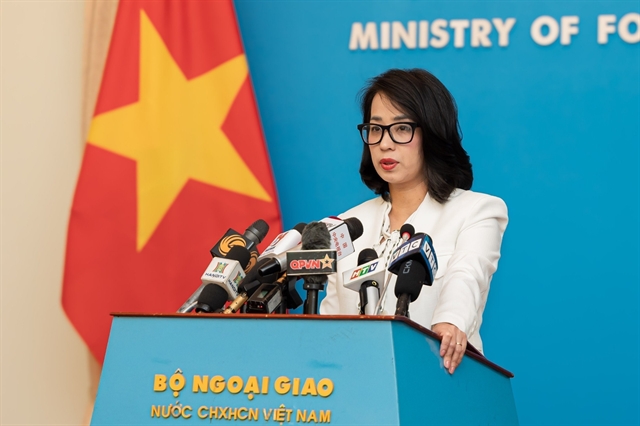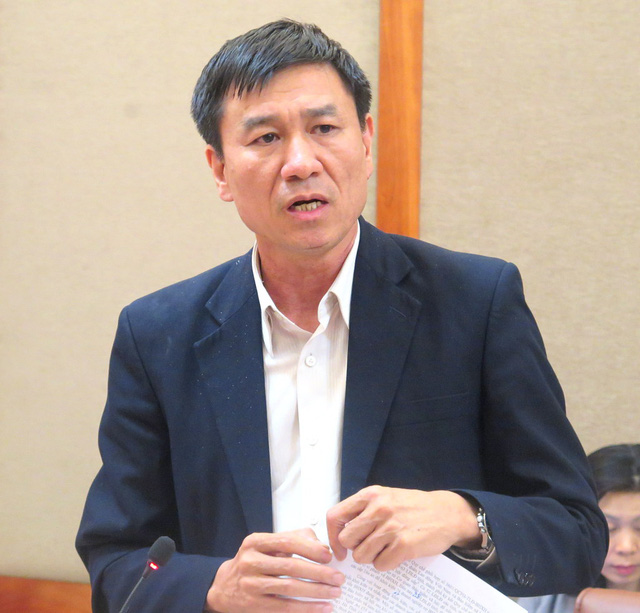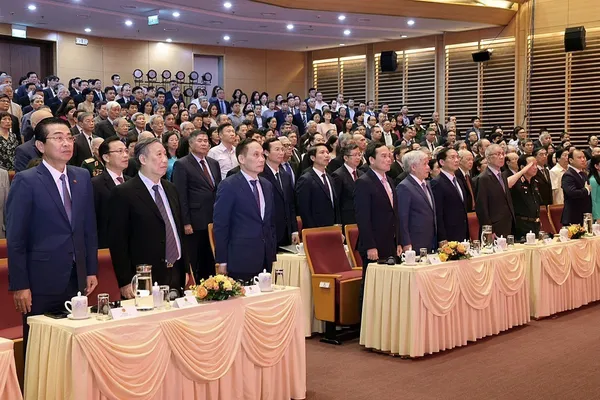 Opinion
Opinion


|
| Lê Đình Quảng, deputy director of the Public Relations Department of the Việt Nam Trade Union Federation. — Photo nld.com.vn |
Lê Đình Quảng, deputy director of the Public Relations Department of the Việt Nam Trade Union Federation, talks to VnEconomy online newspaper about the fees union members should pay.
How do you respond to a proposal made by some few business associations asking the National Assembly Standing Committee to consider cutting Trade Union fees from 2 per cent to just 1 per cent?
There is no change to Trade Union fees in the proposed revisions for the updated Trade Union Law.
The revised Trade Union Law has been posted on the Trade Union website for public comment, including from the Việt Nam Chamber of Commerce and Industry (VCCI), the Việt Nam Co-operative Alliance and the Association of Vietnamese Small- and Medium-sized Enterprises. In addition, we have organised workshops to gather comments/suggestions from the business community and others.
However, some enterprises are complaining that the 2 per cent they have to pay to the Trade Union each month is too high, particularly in the present context of the COVID-19 pandemic. At present, enterprises are facing many difficulties and challenges, so I think the National Standing Committee or the Government will have the final say on what fees will be exempt or reduced.
Can you explain how the Trade Union fees are used?
Under the current Trade Union Law, the 2 per cent of contributed money by all Trade Union members is put into a special fund to be used for all trade union activities in accordance with the law. According to a report reviewing the implementation of the 2012 Trade Union Law, up to 84.2 per cent of grassroots trade union fees were used for social activities or organising training courses skills for workers.
It is reported that the 2012 Trade Union Law will be revised sometime this year to toward the goal of being more transparent and accountable. Can you tell us in detail about some key changes in the revised law?
In the revised Trade Union Law, we will try to reflect the proposals made by enterprises, particularly the use of union members’ monthly fees along the lines of transparency and accountability. Some 75 per cent of the fees collected will be used for grassroots trade union activities, and the remaining 25 per cent will be used by trade union organisations at higher levels. Besides, the trade union budget will be spent on only seven key missions, particularly providing social welfare to working people and the building of harmonised labour relations within enterprises.
A notable change in the revised law is that every two years, the State Audit agency will conduct a report on the Việt Nam Confederation of Trade Unions which will be submitted to the National Assembly.
Another major change in the law is the practice of financial transparency in the use of union members’ fees. — VNS









